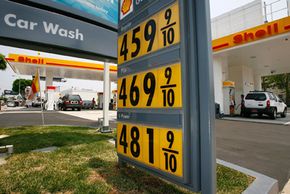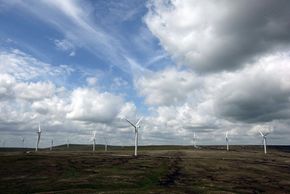Conserving energy is all the rage right now as people look for ways to cut their power use -- and their power bills. At the same time, developers are looking into ways to optimize the use of renewable or alternative forms of energy. Still others want to build machines capable of creating energy out of nothing. Or at least be able to extract more energy than the amount of power it takes to run said machines in the first place.
Is it possible? First, we need to clear up what's meant by getting energy free. To some people, free energy refers to inventions like perpetual motion machines or other net-gain energy systems. If you hear reference to something along those lines, keep moving. No one's come close to figuring it out yet.
Advertisement
That's because the laws of thermodynamics aren't the type of laws you can argue in court. In general, these laws are unbending when it comes to the idea of finding a means to create perpetual motion or even a system that dishes out more energy than it needs to run. Specifically, energy can't be created and it can't be destroyed; it can only be transferred or converted.
Building on this, an isolated energy system can only go downhill, experiencing energy loss through entropy. Entropy is simply an ever-increasing state of disorder, like being stuck on a one-way street as your car is slowly running out of gas. Total energy levels fall as some heat is lost in the process of converting it into work. In other words, something may be able to run by itself for a while, but nothing can run by itself forever.
So do we need to give up on the idea of getting energy for free? Are there other ways to wipe out our utility bills? Read on to find out.
Advertisement

